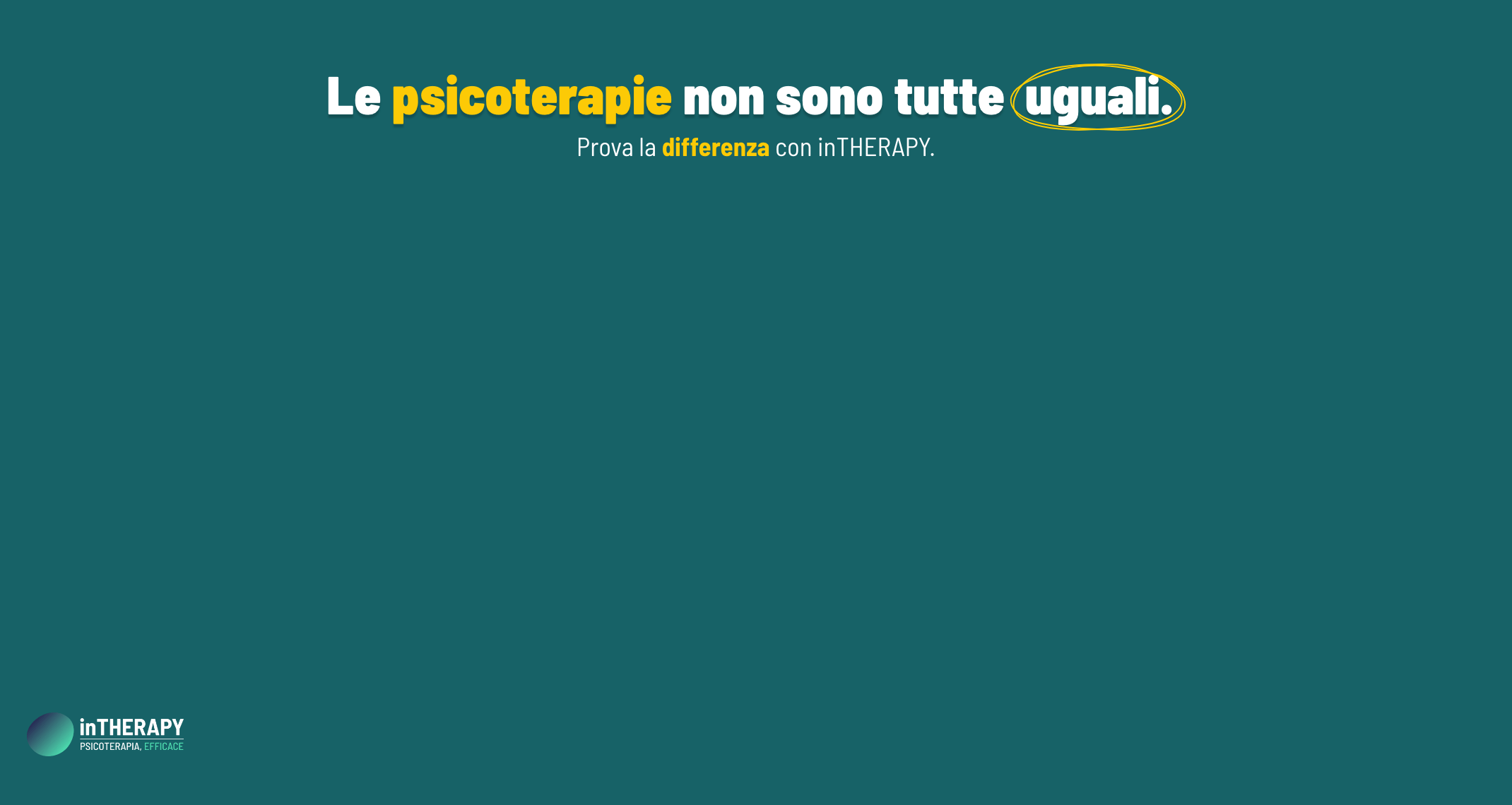Psychology, Psychiatry, Psychotherapy and Neurosciences articles submitted by our international collaborators.
Psychology, Psychiatry, Psychotherapy and Neurosciences articles submitted by our international collaborators.
Refugee health needs may differ significantly from those of host country people, but there is little research and attention about this topic.
Ebru Salcioglu, terapeuta comportamentale, assieme a Basoglu, ha ideato il Control Focused Behavioral Treatment per pazienti vittime di eventi traumatici.
Nel lavoro si esplorano i contenuti delle credenze associate alle riforme universitarie della CE, prendendo in considerazione studenti francesi e italiani.
La ruminazione rabbiosa sarebbe centrale nella spiegazione della tendenza a compiere azione aggressive in pazienti con disturbo borderline di personalità.
Vittorio Gallese sarà Visiting Fellow (2016-2018) alla Berlin School of Mind and Brain e condurrà un gruppo di ricerca sulle neuroscienze sociali
